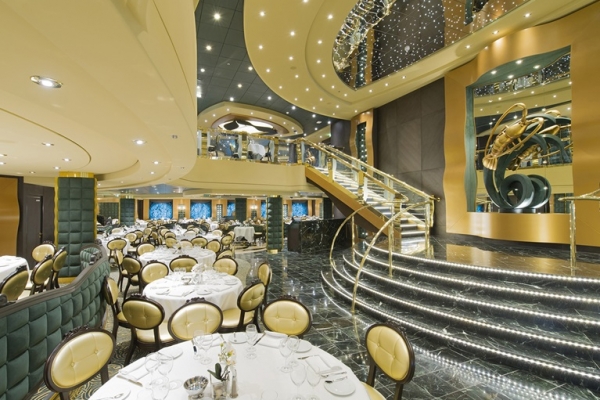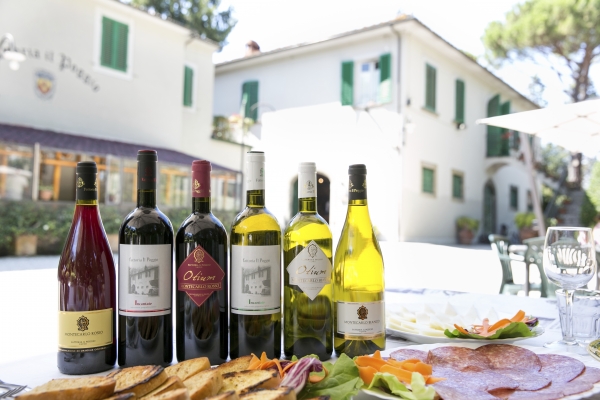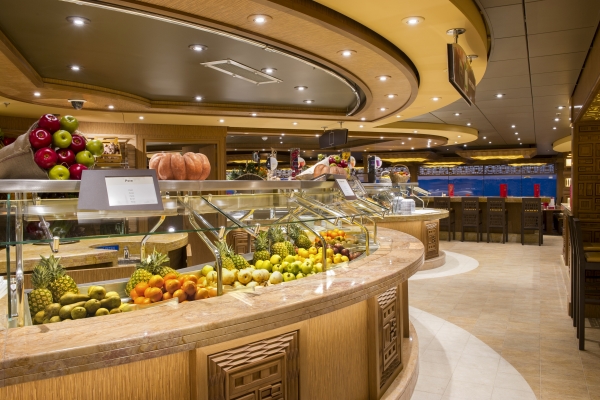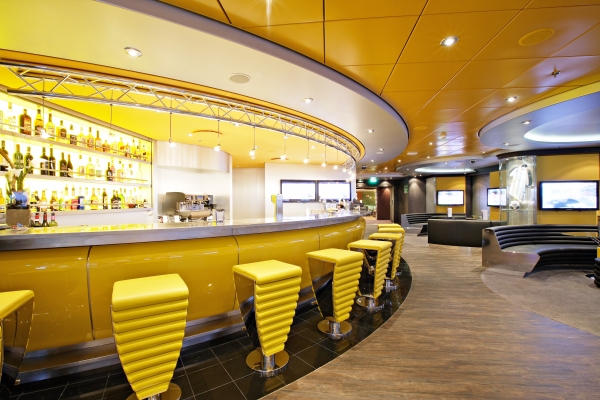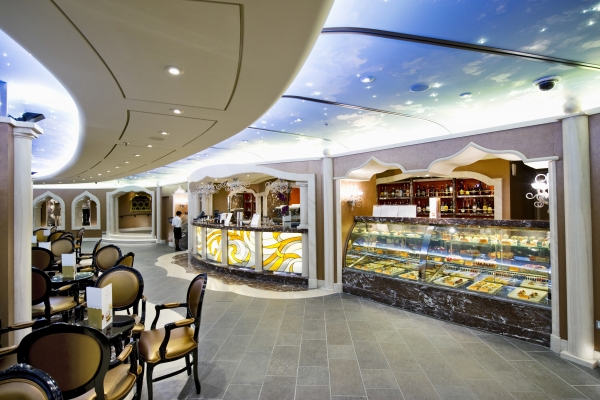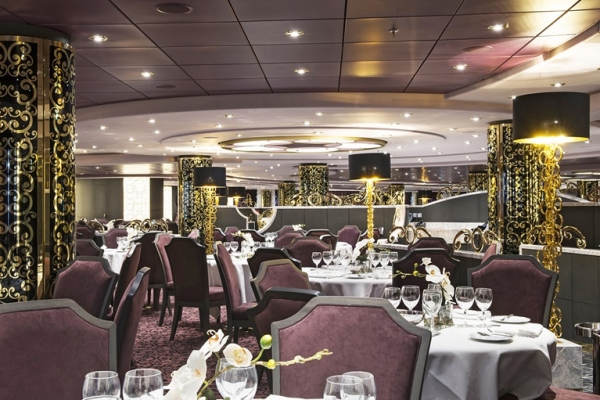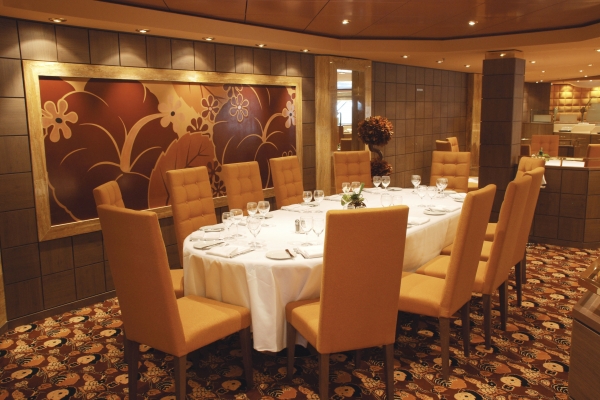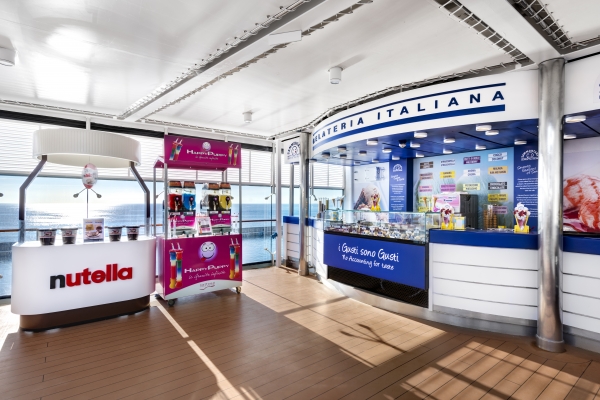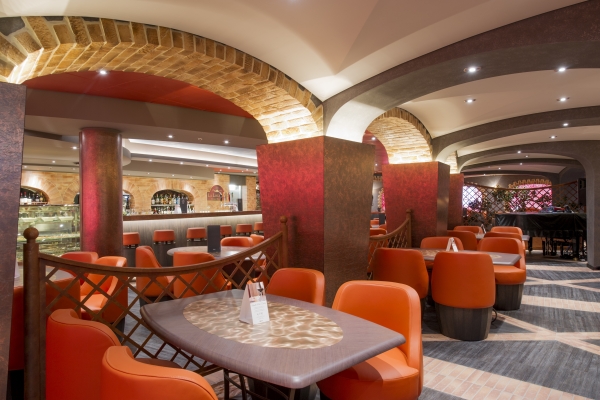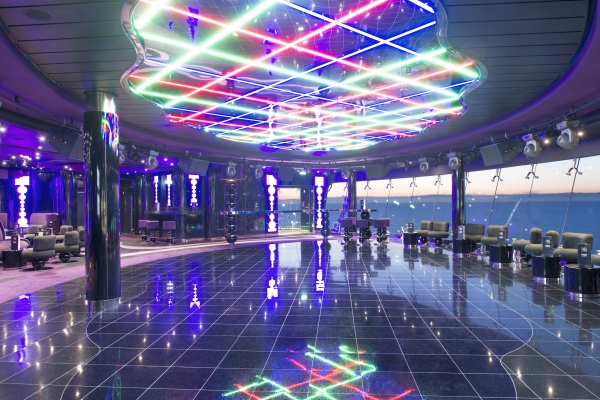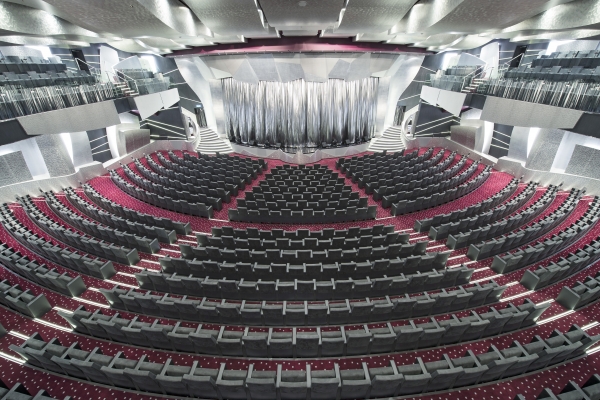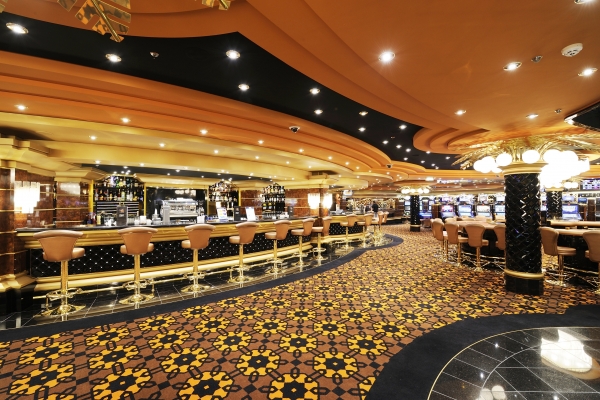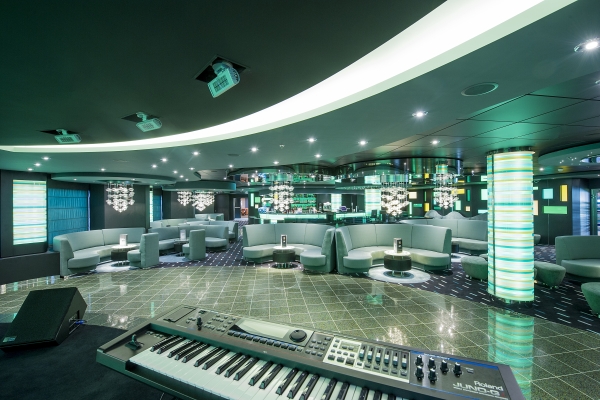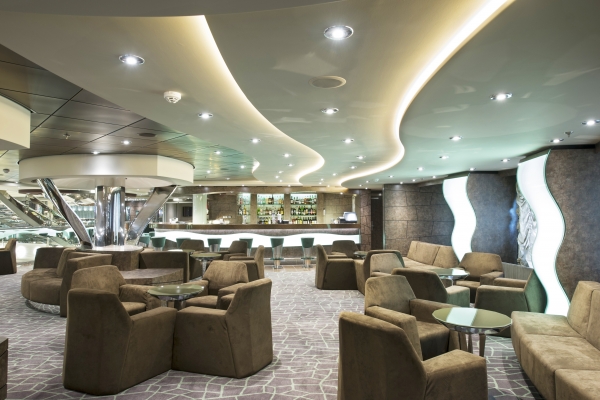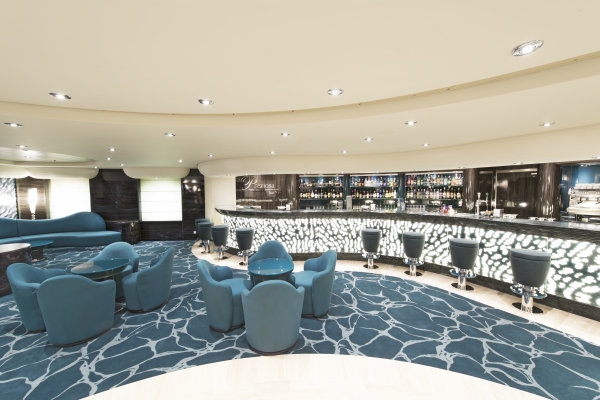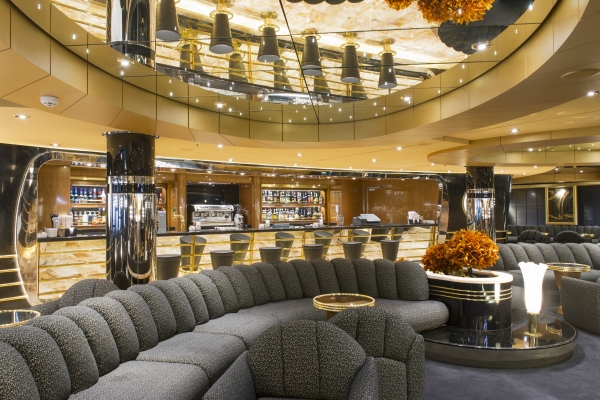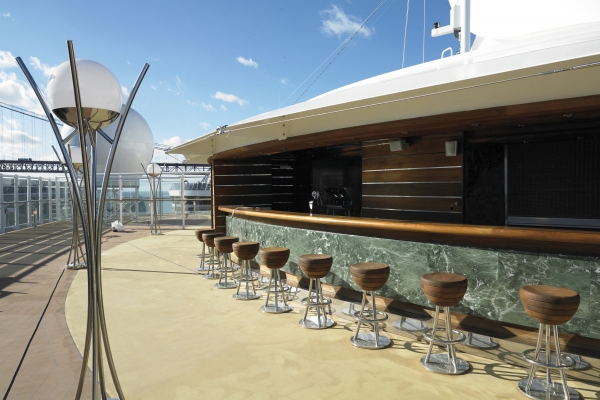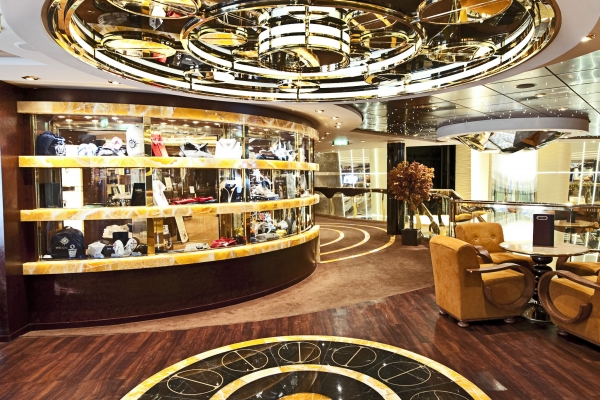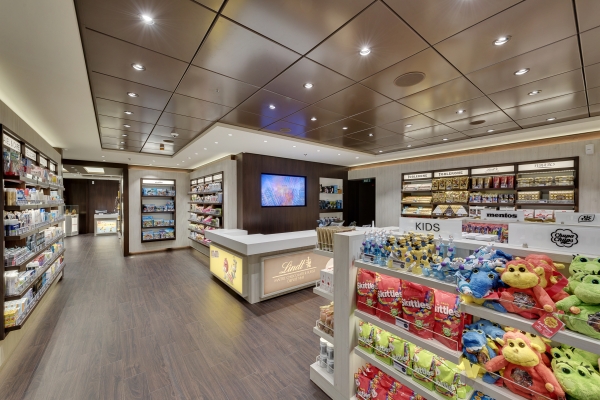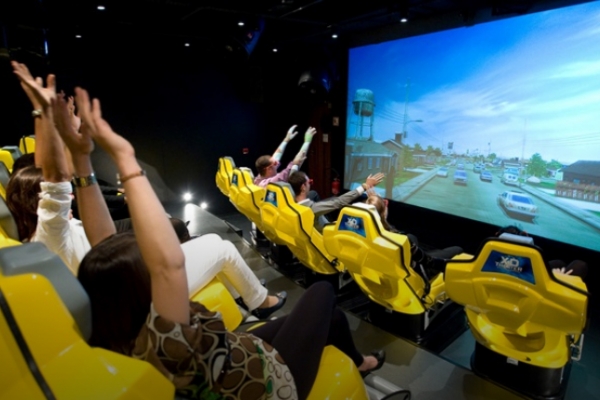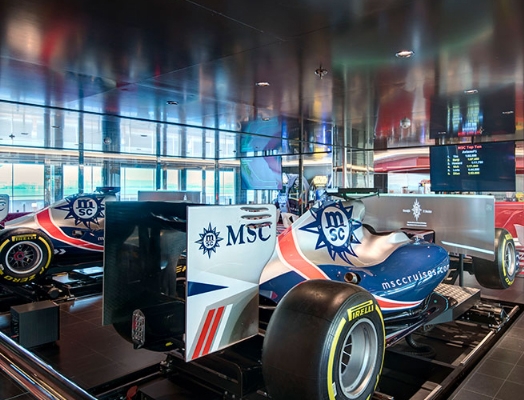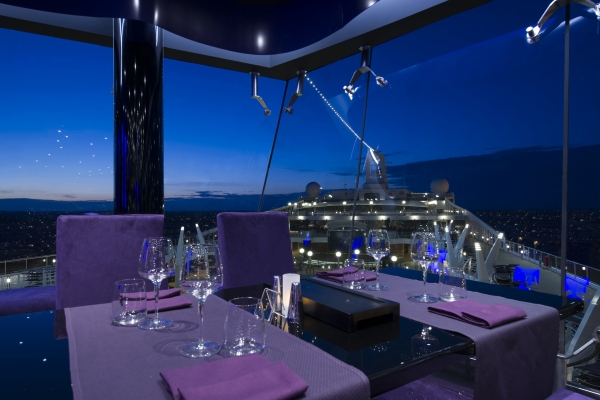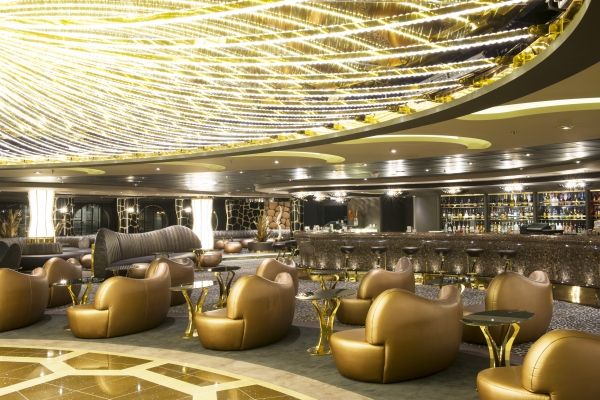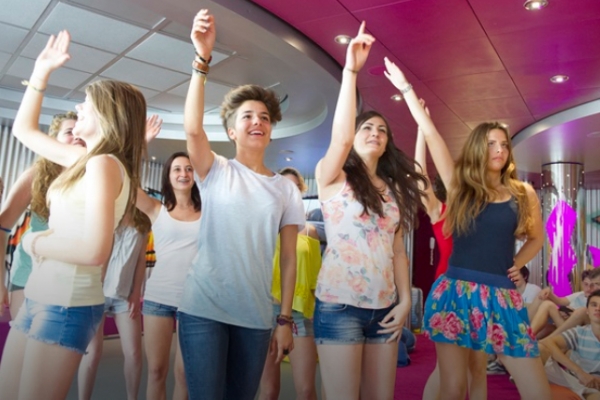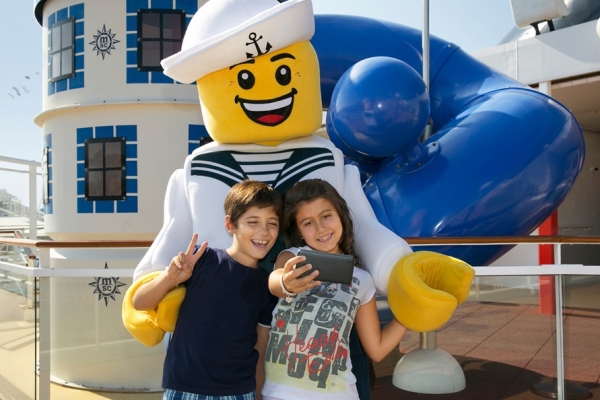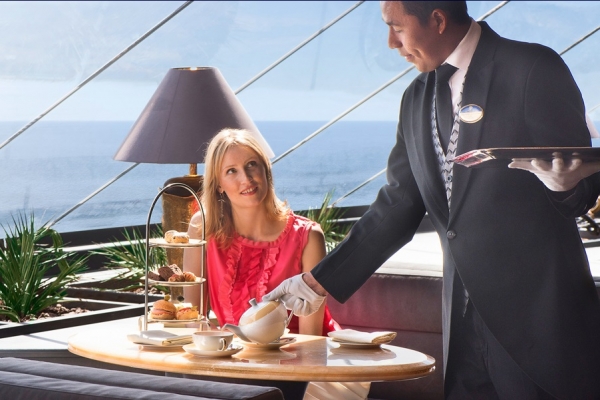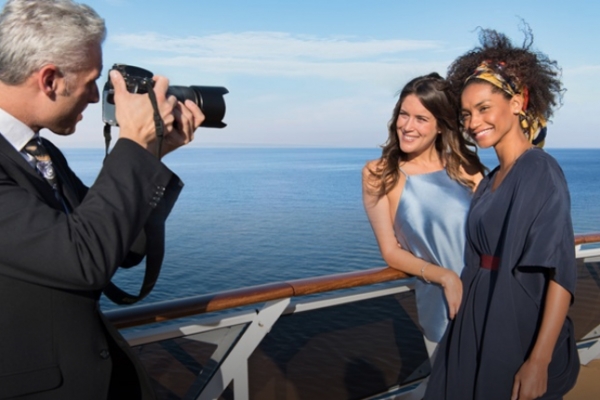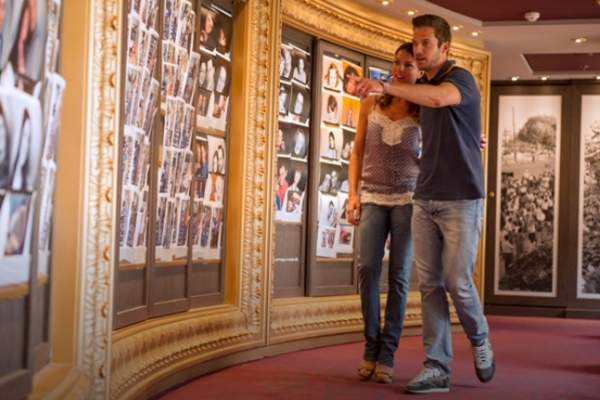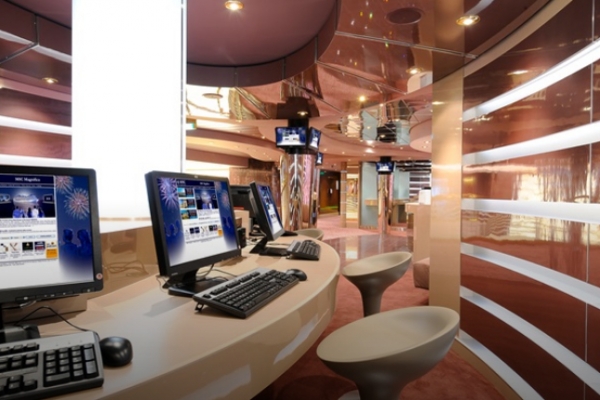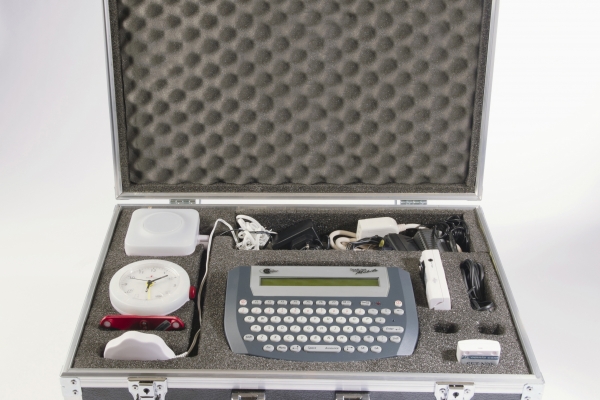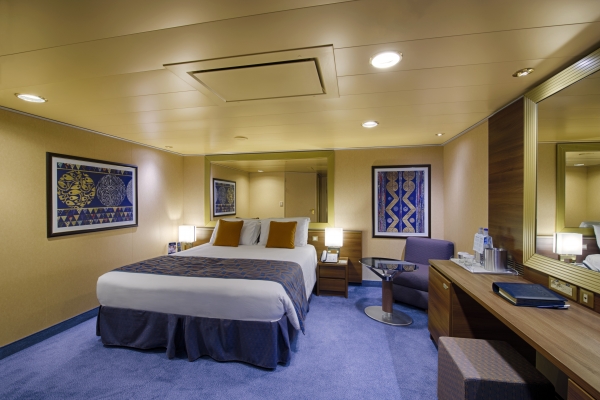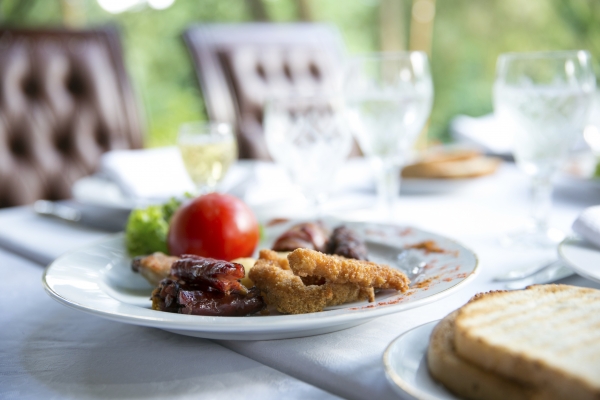9 Jan 2025
Le Havre
00:00
21:00
As you sail on your MSC cruise to France, you’ll come to Le Havre, the country’s second-largest port, which takes up half the Seine estuary. However, the town itself, home to almost 200,000 people, is a place of pilgrimage for fans of contemporary architecture. Le Havre – “The Harbour” – is the principal trading post of northern France and a port of call of our MSC Northern Europe cruises. Following its near-destruction during World War II, Le Havre was rebuilt by a single architect, Auguste Perret, between 1946 and 1964. The sheer sense of space can be exhilarating: the showpiece monuments have a winning self-confidence, and the few surviving relics of the old city have been sensitively integrated into the whole. While the endless mundane residential blocks can be dispiriting, even those visitors who fail to agree with Perret’s famous dictum that “concrete is beautiful” may enjoy a stroll around his city. A shore excursion on your MSC Northern Europe cruise can also be the opportunity to discover Rouen, the capital of Upper Normandy, one of France’s most ancient cities. Standing on the site of Rotomagus, built by the Romans at the lowest point where they could bridge the Seine, it was laid out by Rollo, the first duke of Normandy, in 911. Captured by the English in 1419, it became the stage in 1431 for the trial and execution of Joan of Arc, before returning to French control in 1449. Rouen today can be very seductive, its lively and bustling centre well equipped with impressive churches and museums. North of the Seine at any rate, it’s a real pleasure to explore. As well as some great sights – Cathédrale de Notre-Dame, all the delightful twisting streets of timbered houses – there’s history aplenty too, most notably the links with Joan of Arc.
10 Jan 2025
Southampton
08:00
20:00
Despite its pummelling by the Luftwaffe and some disastrous postwar urban sprawl, the thousand-year-old city of Southampton has retained some of its medieval charm in parts and reinvented itself as a twenty-first century shopping centre in others, with the giant glass-and-steel West Quay as its focus. Core of the modern town is the Civic Centre, a short walk east of the train station and home to the excellent Southampton City Art Gallery that’s particularly strong on contemporary British artists. The Western Esplanade runs alongside the best remaining bits of the old city walls. Rebuilt after a French attack in 1338, they incorporate God’s House Tower, at the southern end of the old town in Winkle Street, which currently houses the Museum of Archaeology. Best preserved of the city’s seven gates is Bargate, at the opposite end of the old town, at the head of the High Street; it’s an elaborate structure, cluttered with lions, classical figures and defensive apertures. A shore excursion on your MSC Northern Europe cruise from Southampton can be the opportunity to discover the capital of England, London. For the visitor, London is a thrilling place. Monuments from the capital’s glorious past are everywhere, from medieval banqueting halls and the great churches of Christopher Wren to the eclectic Victorian architecture of the triumphalist British Empire. You can relax in the city’s quiet Georgian squares, explore the narrow alleyways of the City of London, wander along the riverside walks, and uncover the quirks of what is still identifiably a collection of villages. The capital’s great historical landmarks – Big Ben, Westminster Abbey, Buckingham Palace, St Paul’s Cathedral, the Tower of London and so on – draw in millions of tourists every year.
11 Jan 2025
At Sea
00:00
00:00
12 Jan 2025
Hamburg
07:00
21:00
Located between the North Sea and the Baltic Sea, Hamburg will fascinate you from the moment you first set eyes on its elegant and austere buildings looking onto the port, one of the largest in Europe. When you reach this destination on an MSC Cruise of Northern Europe, you can get a taste of its glorious history. Hamburg is a cosmopolitan, wealthy and fashionable city, with an aggressive economy, that still prides itself of the title “free Hanseatic city”. It has, in fact, never cut its umbilical cord with maritime trade that has its heart in the port where your cruise liner will be waiting for you. Many tourist come here to visit the Reeperbahn, the red light district, but if you want to take in the atmosphere of the city, you shouldn’t miss an excursion to Speicherstadt (Warehouse Town), where the cobbled streets, gables and turrets combine to make the area on the other side of Zollkanal (Tax Canal) a world apart from the city opposite. Another city icon, St Michaelis, at the western edge of the city centre by Ludwig-Erhard-Strasse, is Hamburg’s iconic church and no wonder. More than any other building, the “Michael” mirrors the city’s irrepressible spirit. Burned down after a lightning strike in1750, it was rebuilt in Baroque style under Ernst Georg Sonnin but it again accidently caught fire in1906. In 1945, the Allies obliterated the roof and decor of church number three. Reconstructed again to Sonnin’s plans, it is now the finest Baroque church in North Germany. Probably the most gratifying attraction during an excursion on an MSC Cruise is the scenery you can admire from one of the best views over Hamburg: the 360-degree panorama takes in Speicherstadt, the container port and shipping on the Elbe, the Alster lakes, and the five spires of the churches and Rathaus.
13 Jan 2025
At Sea
00:00
00:00
14 Jan 2025
Rotterdam
08:00
20:00
Your MSC cruise will lay anchor in the largest port in the world, Rotterdam, is a no-nonsense working-class city lying at the heart of a maze of rivers and artificial waterways that together form the outlet of the rivers Rijn (Rhine) and Maas (Meuse). After devastating damage during World War II, Rotterdam has grown into a vibrant, forceful city dotted with first division cultural attractions. Your MSC cruise of Northern Europe will give you the opportunity to see that the immense land reclamation work hasn’t obliterated its earthy character though: its tough grittiness is part of its appeal, as are its boisterous bars and clubs. Amongst the most interesting attractions to enjoy during your vacation in Holland, is Rotterdam’s Kunsthal, the museum of contemporary art, and the Boijmans van Beuningen Museum, which has an outstanding art collection including representative works from almost all the most important Dutch painters: both are in the city’s designated culture zone, the Museumpark. Other interesting sites to visit on an MSC excursion are the Oude Haven, the city’s oldest harbour, ravaged during World War II but sympathetically redeveloped, and Delfs haven, an antique harbour that managed to survive the bombs pretty much intact. Rotterdam also boasts a string of first-rate festivals, including the much-lauded North Sea Jazz Festival and the colourful Summer Carnival. The postwar period saw the rapid reconstruction of the docks and, when huge container ships and oil tankers made the existing port facilities obsolete, Rotterdammers promptly built an entirely new deep-sea port, the Europoort, jutting out into the North Sea some 25 km to the west of the old town. Completed in 1968, the Europoort is able to welcome the largest ships in the world, amongst which also the MSC cruise ships.
15 Jan 2025
Zeebrugge
07:00
18:00
Crowds tend to overwhelm Bruges nowadays – its reputation as a perfectly preserved medieval city has made it the most popular tourist destination in Belgium – but you’d be mad to come to Flanders. With an MSC Northern Europe cruise and miss it: Bruges’ museums hold some of the country’s finest collections of Flemish art, and its intimate, winding streets, woven around a skein of narrow canals and lined with gorgeous ancient buildings, live up to even the most inflated tourist hype. When you step ashore from your MSC cruise, the obvious start to an exploration of the city is the two principal squares: the Markt, overlooked by the mighty belfry, and the Burg, flanked by the city’s most impressive architectural ensemble. Almost within shouting distance are the three main museums, among which the Groeninge offers a wonderful sample of early Flemish art. Another short hop brings you to St-Janshospitaal and the important paintings of the fifteenth-century artist Hans Memling, as well as Bruges’ most impressive churches, the Onze Lieve Vrouwekerk and St-Salvatorskathedraal. Further afield, the gentle canals and maze-like cobbled streets of eastern Bruges – stretching out from Jan van Eyckplein – are extraordinarily pretty. The most characteristic architectural feature is the crow-step gable, popular from the fourteenth to the eighteenth century and revived by the restorers of the 1880s, but there are also expansive Georgian-style mansions and humble, homely cottages. Time and again the eye is surprised by the sober and subtle variety of the cityscape, featuring everything from intimate arched doorways and bendy tiled roofs to wonky chimneys and a bevy of discreet shrines and miniature statues.
16 Jan 2025
Le Havre
09:00
00:00
As you sail on your MSC cruise to France, you’ll come to Le Havre, the country’s second-largest port, which takes up half the Seine estuary. However, the town itself, home to almost 200,000 people, is a place of pilgrimage for fans of contemporary architecture. Le Havre – “The Harbour” – is the principal trading post of northern France and a port of call of our MSC Northern Europe cruises. Following its near-destruction during World War II, Le Havre was rebuilt by a single architect, Auguste Perret, between 1946 and 1964. The sheer sense of space can be exhilarating: the showpiece monuments have a winning self-confidence, and the few surviving relics of the old city have been sensitively integrated into the whole. While the endless mundane residential blocks can be dispiriting, even those visitors who fail to agree with Perret’s famous dictum that “concrete is beautiful” may enjoy a stroll around his city. A shore excursion on your MSC Northern Europe cruise can also be the opportunity to discover Rouen, the capital of Upper Normandy, one of France’s most ancient cities. Standing on the site of Rotomagus, built by the Romans at the lowest point where they could bridge the Seine, it was laid out by Rollo, the first duke of Normandy, in 911. Captured by the English in 1419, it became the stage in 1431 for the trial and execution of Joan of Arc, before returning to French control in 1449. Rouen today can be very seductive, its lively and bustling centre well equipped with impressive churches and museums. North of the Seine at any rate, it’s a real pleasure to explore. As well as some great sights – Cathédrale de Notre-Dame, all the delightful twisting streets of timbered houses – there’s history aplenty too, most notably the links with Joan of Arc.



